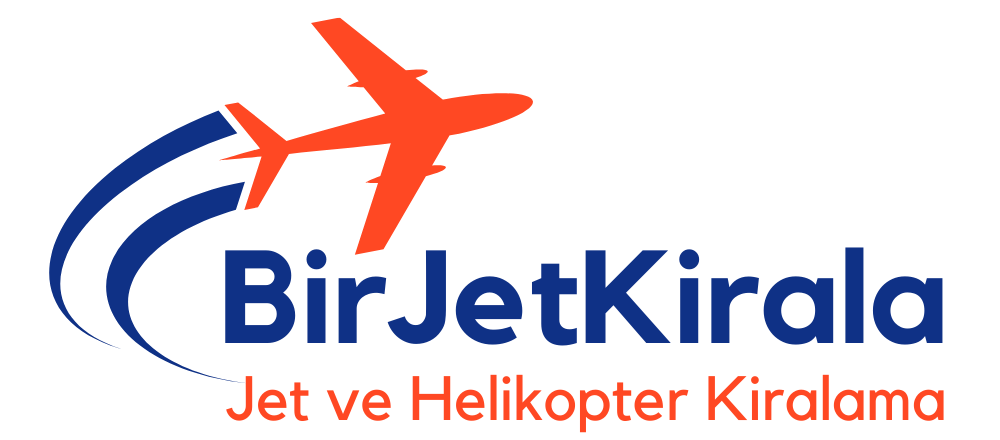This can lead to a cascade of financial complications, affecting cash flow and operational efficiency. Some services even guarantee payment if they fail to alert you to a bad check. A bounced check is a check that cannot be processed because the check writer doesn’t have enough money in their checking account. The bank will bounce or return these checks instead of depositing the money in your business bank account. While returned payment fees may be intended as a deterrent to ensure timely and accurate payments, they can have far-reaching and detrimental effects on consumers. Returned payment fees, often seen as a minor inconvenience, can have a profound impact on consumers, affecting not only their wallets but also their financial standing and access to services.
Chase Security Center
Many merchants use a verification system called TeleCheck to help them determine if a customer’s check is good. If this system connects the check you’ve just presented for payment to a history of unpaid checks, the merchant will decline your check and ask you for a different form of payment. Passing bad checks can be illegal, and the crime can range from a misdemeanor to a felony, depending on the amount of the check and whether the activity involved crossing state lines.
Understanding a Bounced Check
This can be frustrating, especially if you’re not aware of the account’s status. Bank of America advises its clients to contact the merchant before disputing a charge. Between the two options, overdrafts act as a short-term loan, but with a cost, while NSF simply declines the transaction. By staying informed and vigilant, you can ensure that your financial transactions remain seamless and secure.
In some states, intentionally writing a check without having the funds in your account could be considered a misdemeanor or a felony — and there are penalties. The details depend on local laws and the circumstances, such as the amount of the check and whether you eventually paid the money as agreed. Whether you intended to write a bad check or not, having a check returned can cause you trouble. Unfortunately, most banks won’t be able to tell you if a check writer has enough money in their account to clear your check. Banks can then charge several overdraft fees which have grown substantially in the last few years.
How Serious Is a Bounced Check?
Chase online lets you manage your Chase accounts, view statements, monitor activity, pay bills or transfer funds securely from one central place. For questions or concerns, please contact Chase customer service or let us know about Chase complaints and feedback. View the Chase Community Reinvestment Act Public File for the bank’s latest CRA rating and other CRA-related information. For ACH payments that are returned for lack of funds, the below amounts reference the maximum a merchant can charge for NSF fees by State. For most other situations—like paying bills, sending money to friends, or shopping—electronic payments, debit cards, and bank transfers are usually quicker, safer, and easier to track. You’ll receive a deduction of the funds and an additional chargeback fee from your account if the bank accepts a chargeback.
If you don’t resolve the issue quickly, your account could be flagged for risky activity, making it harder to use checks in the future. In some cases, repeated bounced checks may even get your account closed or reported to a consumer reporting agency. When you write a check, the recipient deposits or cashes it at their bank, which then requests the money from your bank. If your account lacks sufficient funds to cover the check amount, your bank will refuse the transaction. As a result, the check “bounces,” and both banks may charge fees for the failed transaction. Understanding these triggers can help consumers and businesses alike to avoid unnecessary fees and maintain a healthy financial standing.
- If you are the check writer, it means your bank will not pay the person or business to whom you wrote the check.
- Our team of experts provides clear, practical advice on budgeting, credit, saving, investing, and more to help you make smart financial decisions.
- With reasonable attention to detail, it’s possible to use personal checks safely and with minimal risk of bouncing.
- Once you do, the bank decides within 30 days for Visa chargebacks and 45 days for Mastercard chargebacks.
For example, if the check was for a loan payment, the lender may treat it as nonpayment and could eventually report the missed or late payment to the credit bureaus. The negative information on your credit reports may lower your credit scores. Businesses commonly encounter bounced, returned, or NSF (Non-Sufficient Funds) checks.
Avoiding the Bounced Check Pitfall
This is especially true if you can improve your return policy, advertising efforts, product quality, and customer service. what is a returned check fee If the merchant and customer can’t agree on a refund, the customer may request a chargeback. Bank of America will then notify the merchant’s acquiring bank about the chargeback. Common examples include incorrect dates, miswritten numbers, or illegible handwriting.
- If the bank has charged NSF or overdraft fees, deposit additional funds to ensure those debits don’t result in additional bounced checks.
- The bank may also decide to close your account, which could hurt your chances of joining another bank or credit union.
- Open a savings account or open a Certificate of Deposit (see interest rates) and start saving your money.
- From the perspective of a consumer, it’s crucial to know your rights and the procedures to contest unjust fees.
Credit Cards
You might not be able to do anything about a check that’s already bounced — except make good on the payment — but there are steps you can take to prevent this from happening in the future. Communicate openly with the payee and apologize for any inconvenience caused by the bounced check. By taking responsibility for the situation and making amends, you can preserve your reputation and prevent any escalation of the issue. If you find yourself facing a returned check charge, there are steps you can take to mitigate the situation. Sometimes, banks place holds on deposits, delaying the availability of funds. If a check is written against an account with a hold, it may be returned if the funds are not yet available.
While the steps to address a bounced check are straightforward, ensuring they are correctly recorded in the general ledger is crucial for maintaining accurate accounting records. If your bank credited your account for a check you deposited that was later returned unpaid for insufficient funds, the bank can reverse the funds and charge a fee. As the person receiving the payment, you must pursue the writer of the check if you wish to seek reimbursement. In fact, many merchants have retired checks altogether as an accepted form of payment, with a preference for debit, credit or cash. Assuming that the payment amount is available, spending with a debit or credit card will immediately transfer funds to the merchant.
Other Products & Services:
It’s about being proactive, keeping a close eye on account balances, and ensuring all payment details are accurate and up-to-date. By doing so, one can navigate the financial landscape more confidently, avoiding the pitfalls that lead to these unwelcome charges. Aside from the financial implications, bounced checks can also have legal consequences.
Maybe you are thinking of the settlements against several large banks with regard to how they ordered checks in order to extract the maximum overdraft fees. Returned payment fees may also be assessed on scheduled payments declined for insufficient funds. But your account balance would go negative, and you would probably be charged an overdraft fee to compensate your bank for the inconvenience. “If the check writer has a job, you will be able to get paid out of the wages, the bank account or other deposit accounts,” he said. As you enhance your financial management to avoid the pitfalls of returned check fees, consider the seamless solution offered by Nadapayments. Our merchant services empower you to accept credit card payments at no cost through a transparent surcharge program, while debit card transactions incur only a minimal fee.

